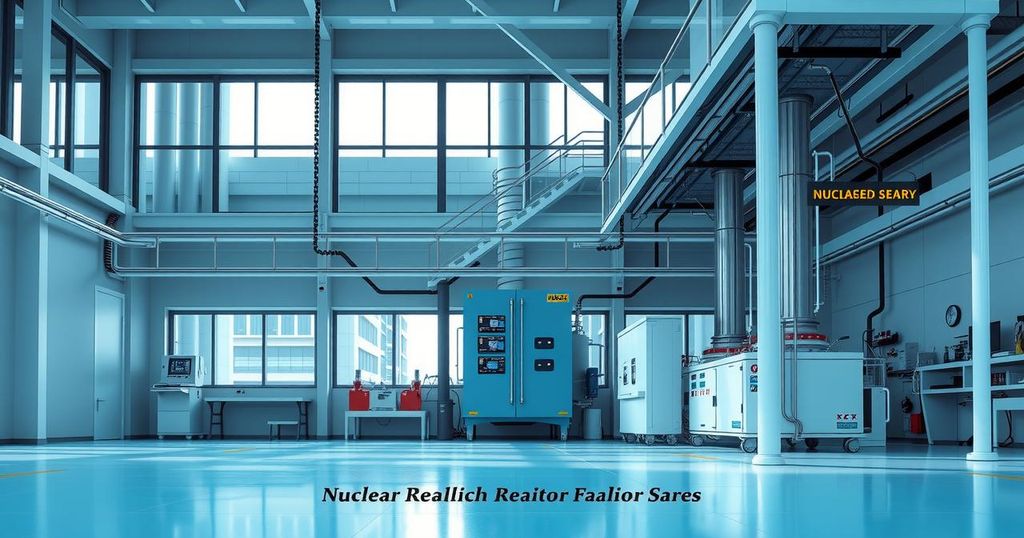Bolivia’s RB-01 Nuclear Research Reactor Completes IAEA Safety Mission

Bolivia’s RB-01 nuclear research reactor is nearing completion, and the IAEA conducted a mission to assess safety protocols. Recommendations for improvements include training operational staff and reinforcing safety oversight. The reactor aims to advance Bolivia’s nuclear capabilities and support healthcare initiatives, with operations expected to start in 2025.
The International Atomic Energy Agency (IAEA) has recently conducted a mission at Bolivia’s RB-01 nuclear research reactor to ensure compliance with safety standards during its construction phase. Bolivia’s Nuclear Energy Agency (ABEN) invited this seven-day Integrated Safety Assessment Mission as the reactor approaches commissioning, marking its significance as the world’s highest-altitude research reactor, set for launch in 2025.
The reactor, a 200 kW pressurised water type located in El Alto, is a key component of the Centre for Research and Development in Nuclear Technology. Experts from Bulgaria, Canada, France, the Netherlands, and an IAEA official assessed the construction and offered recommendations for safety enhancements. Joseph Christensen, the review team leader, praised ABEN’s construction advancements and emphasized continuous prioritization of safety in commissioning activities.
The IAEA advised improving on-the-job training for future operational staff and formalizing a safety committee for independent reviews. Additionally, it recommended strengthening ABEN’s oversight during construction and commissioning, updating radiation protection protocols, and defining specific operational limits for the reactor’s commissioning.
Hortensia Jiménez Rivera, ABEN’s director general, affirmed the commitment to safety in developing Bolivia’s nuclear program, highlighting its potential benefits across various sectors such as healthcare and agriculture. She hailed the reactor’s development as a significant step in Bolivia’s scientific advancement.
The El Alto Centre has already commenced operations with the Cycling Preclinical Radiopharmacy Complex, producing pharmaceuticals for domestic nuclear medicine services. The facility, initiated in 2021 following a contract with Rosatom, reflects Bolivia’s ambitious plans for its nuclear infrastructure, which also includes a completed Multipurpose Irradiation Centre.
In conclusion, Bolivia is making significant strides in nuclear technology with the construction of its first research reactor. The IAEA’s recent mission underscores the nation’s commitment to maintaining high safety standards during the commissioning phase. With a clear vision of leveraging nuclear technology for health and industrial applications, Bolivia is poised to enhance its scientific landscape. The development of its nuclear research reactor marks a pivotal moment in the country’s technological evolution, aiming for self-sufficiency in nuclear medicine resources.
Original Source: world-nuclear-news.org








